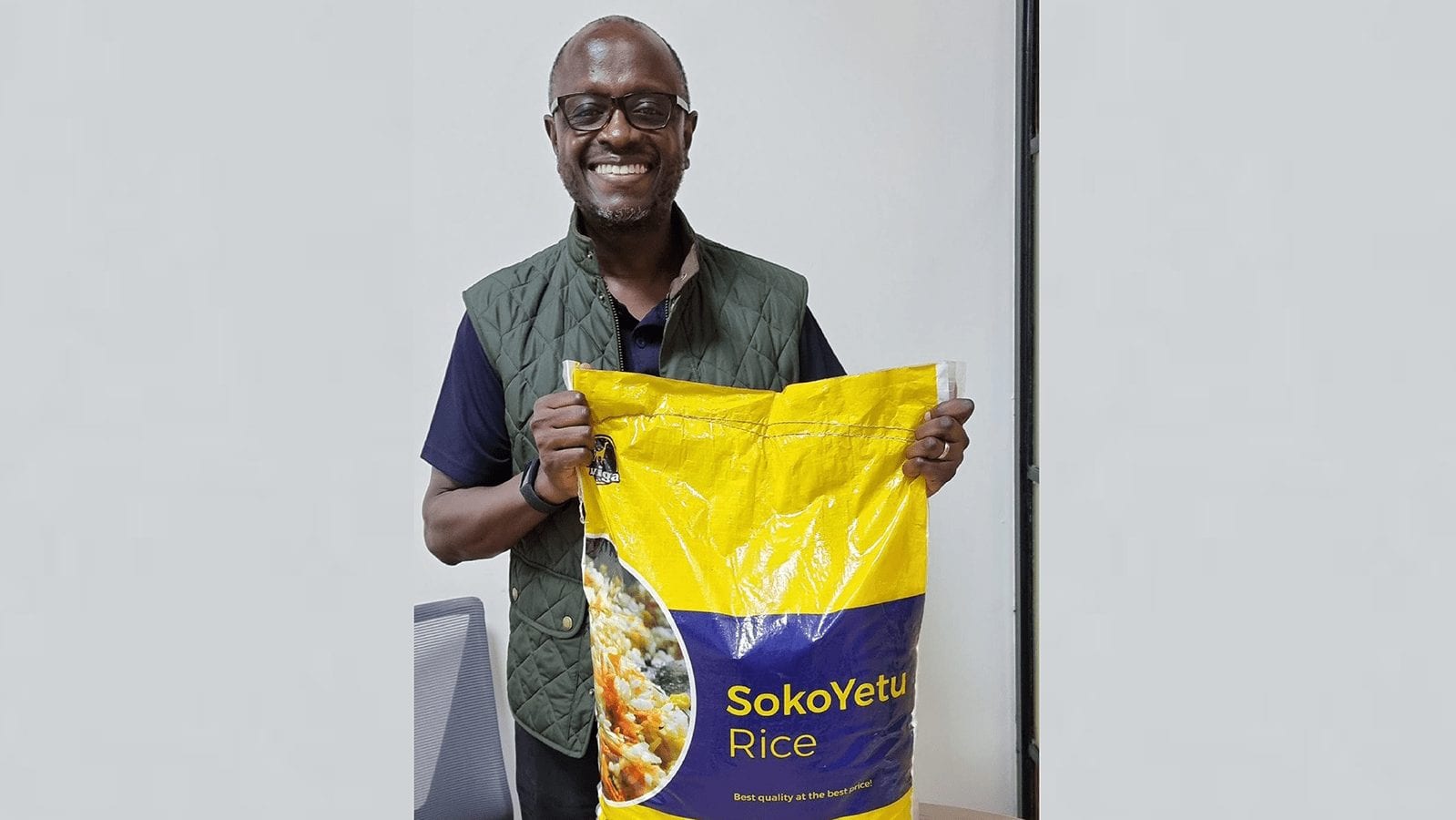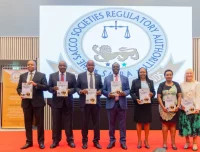Twiga Foods has closed a Ksh5.5 Billion Series C funding round as it looks to expand into Africa and invest in research and development to optimize food supply chains and informal retail using technology. The round was led by private equity firm Creadev.
Most investors who took part in Twiga’s Series B featured – including TLcom Capital, IFC Ventures, DOB Equity and Juven. First time Twiga investors who joined the Series C include OP Finnfund Global and Endeavor Catalyst Fund.
Founded by Grant Brooke and Peter Njonjo, Twiga started out connecting farmers to vendors and outlets with an app, building food supply chains complete with infrastructure for transportation and storage. While agriculture remains at its core, it has since ventured further into informal retail and hopes to become a “one-stop shop” for informal retailers across Africa.
“We are deeply convinced in Twiga’s potential to revolutionize informal retail across Sub-Saharan Africa.”
“Tapping into a $77 billion urban market on the continent, Twiga has gained significant traction since inception, leveraging on technology to optimize the food supply chain in African cities and constantly innovating to better tackle logistics, commercial, social and environmental challenges,” a statement from Creadev’s Africa Director Pierre Fauvet read in part.
READ>>Sokowatch: Innovating to Support Shop-Owners Amid Pandemic, Digital Service Tax
The firm in 2020 disclosed plans to expand into countries including Nigeria, Tanzania, Ghana and Rwanda. The plans were however curtailed by disruptions caused by Covid-19. Notably, however, Twiga Foods reportedly quadrupled its revenues between April 2020 and August 2021.
Another fundraising round may be on the cards for 2022. Twiga Foods also plans on expanding into neighbouring Tanzania and Uganda by the end of the year.
A chunk of the funds raised in the Series C will be pumped into developing a proof of concept for an alternative way of producing food on the continent taking into account both traceability and mass scale. Traceability has been one of the key challenges for Twiga in its agri-tech business, due to the difficulty that comes with ensuring production and food safety standards are adhered to by farmers.
The model could be spun off into a separate business, Twiga Foods CEO Peter Njonjo told US publication Techcrunch.
Part of the funds will be spent to out low-cost manufactured food and non-food products under its brand. The firm in May ventured into private label products with its SokoYetu rice.
READ>>Twiga Foods Eyes Expansion Into 5 African Countries



![Tea accounts for over 50 percent of Kenya's exports to Afghanistan. [Photo/ Infoglobe.cz]](https://businesstoday.co.ke/wp-content/uploads/2021/11/tea-150x150.jpg)









Leave a comment